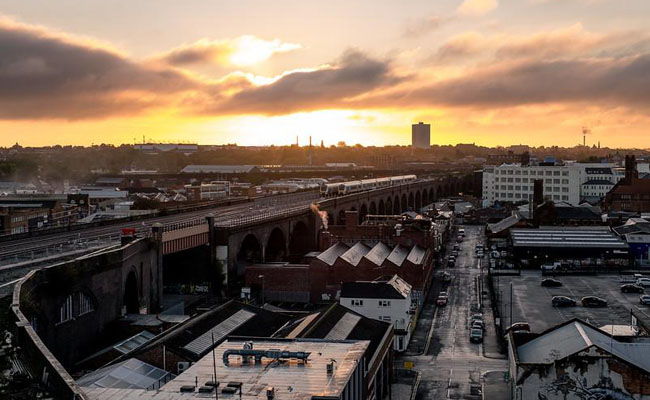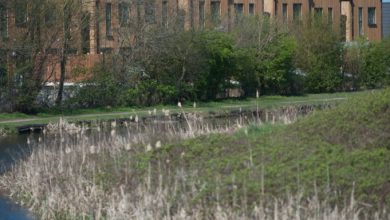Progress on Route to Net Zero detailed in new annual report

Birmingham: An annual update on the council’s efforts to reach net zero carbon status is due to be discussed at a meeting of the City Council on Tuesday (February 7).
In 2019, the council formally declared a climate emergency and the ambition was set for the council and city to become net zero carbon by 2030, or as soon as possible thereafter as a ‘just transition’ allows.
The report due before council next week highlights progress made on the agenda, with carbon emissions reduced by 6.5 per cent in 2019/20 (the most recent year for which data is available) as part of a positive downward trend. For 2018-2019, the reduction was 2.7 per cent and in 2017-2018 it was 1.3 per cent.
Also noted in the report is the fact that the city’s greatest sources of carbon dioxide emissions are domestic housing (36 per cent) and transport (34 per cent), with the council directly controlling eight per cent of all city carbon dioxide emissions.
In the last 12 months, there have been a number of successes, notably the creation of a dedicated Route to Zero team to increase the scale and pace of emissions reduction in the city and embed positive action on such reduction across council services and the wider city.
This has been supplemented by the formation of a cross-council directorate climate change, nature and net zero board and a portfolio-wide/cross-party advisory committee, to provide steps forward in building cross-organisation momentum.
In February 2022, the City of Nature 25 Year Plan was also approved for adoption. The plan will kickstart change by altering the way in which the city treats its natural environment and thinks about the future of its parks and green spaces, helping strengthen Birmingham’s climate resilience.
Following its adoption, the City of Nature Plan won the Judges’ Award at this year’s West Midlands National Park (WMNP) Awards and was a finalist in the 2022 RTPI National Awards in the Excellence in Planning in the Natural Environment category.
Progress has also been made on plans to retrofit energy-inefficient homes (notably via the Three Cities retrofit programme), develop new greener housing, the expansion of the city’s network of electric vehicle charging points and the introduction of hydrogen-powered buses.
Another significant project that has commenced over the past year is the review of the Birmingham Development Plan. The council’s Route to Zero team has directly inputted in the first major phase – the publication of an Issues and Options document which includes a series of high-level policy options to ensure development in the city is both is low carbon and future climate ready.

Cllr Majid Mahmood, Cabinet Member for Environment, will present the report at next week’s city council meeting.
He said: “When we declared a climate emergency in 2019, we deliberately set a challenging goal, ahead of any targets at a regional or national level on the basis that is an extremely serious matter.
“We need to have an ambitious plan because the threats we face in Birmingham are real – we all have a responsibility to lower carbon emissions to a safe level to avoid the worst effects of climate change. To set a safe target would not have been in the best interests of the environment or the people of the city.
“The more we cut our emissions, the more we can slow and eventually stop global average temperature rises and avoid these risks, which will impact Birmingham. They aren’t just a problem for other parts of the country or the world.
“Flooding, wildfires and health-related issues due to extreme weather are all things we have faced locally in the last year, which really brings home the emergency we face and why we will continue to make this matter a priority across all aspects of what the council does.
“Despite the fact we have cost of living and housing emergencies in parallel, this annual report demonstrates the progress we and a range of partners in our communities are making on many fronts. We will continue to place an emphasis on the collaborative effort to cutting our carbon emissions in the years ahead – because this will also play a key part in addressing the other grand challenges we face as a city.”
The annual report is available as part of the agenda papers for the February 7 meeting of the City Council.




